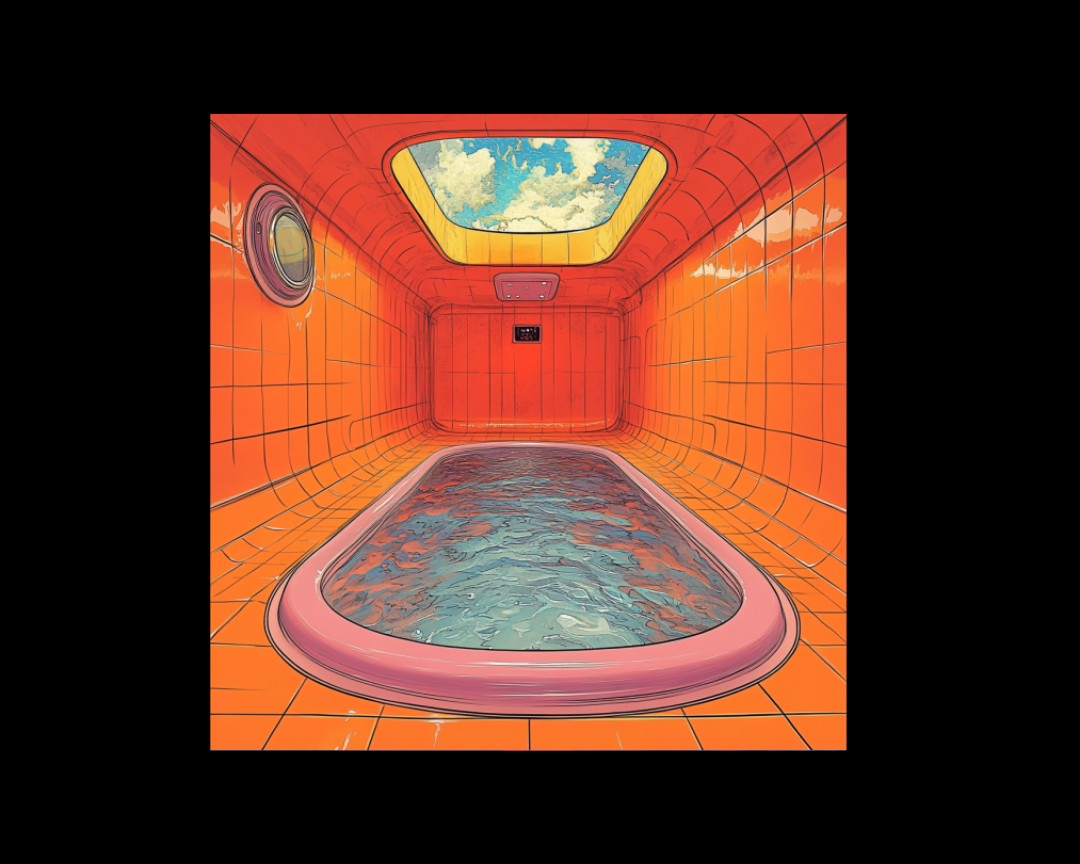Different Tones in Writing: Examples from Thought Leaders and Modern Writers
As professional writers, understanding and mastering tone is essential for engaging diverse audiences. Tone sets the mood, influences interpretation,...
3 min read
 Writing Team
:
Nov 5, 2024 6:47:51 PM
Writing Team
:
Nov 5, 2024 6:47:51 PM

Picture this: You're floating in absolute darkness. No sound. No light. No Instagram notifications begging for your attention. Just you, your thoughts, and... wait, where are you going to keep your laptop?
Welcome to the wild world of writing in isolation tanks, where sensory deprivation meets creative inspiration. And no, this isn't the plot of "Stranger Things" – it's actually becoming a thing among writers looking to level up their creativity game.
For the uninitiated, an isolation tank (aka float tank or sensory deprivation tank) is basically a human-sized pod filled with body-temperature salt water. The salt makes you float like a cork in the Mediterranean, and the water's kept at skin temperature so you eventually can't tell where your body ends and the water begins. It's like being back in the womb, minus the whole nine months of waiting around.
Now, I know what you're thinking: "How exactly am I supposed to write while floating in a giant pod of salt water?" Good question! Here are your options:
Think of it as a creativity cocktail for your brain, minus the hangover.
Like any writing tool, float tanks aren't for everyone. But if:
...then it might be worth taking the plunge.
Writing in isolation tanks isn't just a quirky trend – it's a unique approach to finding creativity in an increasingly noisy world. Plus, it's probably the only time you can legitimately tell people you're "immersed in your writing" and be literally correct.
Remember: Every writer's process is different. If floating in salt water helps you create your masterpiece, embrace your inner creative merperson. If not, that's cool too – there's always coffee shops.
Now if you'll excuse me, I need to go towel off and write down all these ideas before they float away. 🌊✍️
-Dec-17-2024-04-53-12-0380-PM.png)
As professional writers, understanding and mastering tone is essential for engaging diverse audiences. Tone sets the mood, influences interpretation,...
.png)
An analogy is a comparison between two things, often to explain or clarify something unfamiliar by relating it to something more familiar. It helps...
.png)
Our unique neuronal connections enable us to create literature, art, and complex ideas. Understanding how these brain functions work can provide...